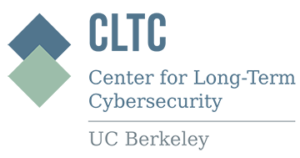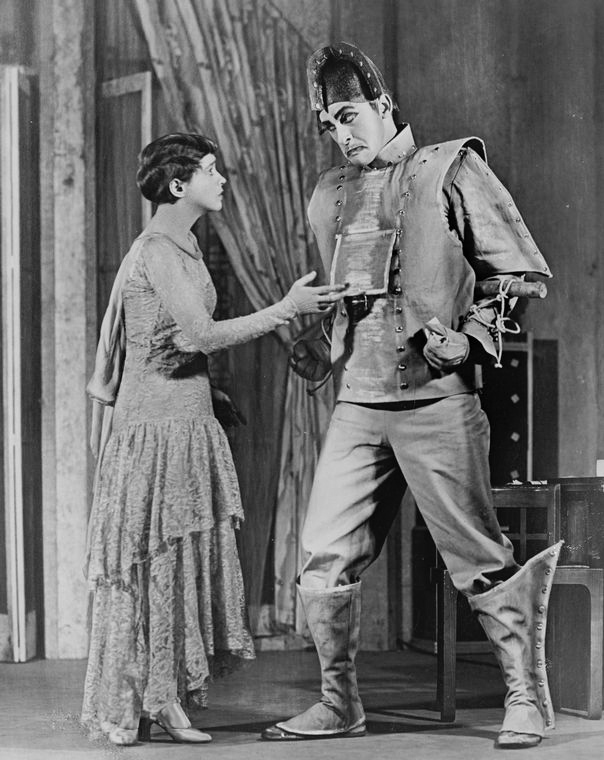Alice M. Agogino (PI) with Co-PI Euiyoung Kim have recently won a new grant from the Center for Long-Term Cybersecurity to study interactions between co-robots and their users, with the purpose of identifying how sensitive personal information is generated and shared between humans and the Internet of Things (IoT)-connected co-robots. The title of the grant is: Human-Centric Research on Mobile Sensing and Co-Robotics: Developing Cybersecurity Awareness and Curricular Materials
The goal of this research proposal is to gain knowledge about the types of sensitive data and types of risks arising from consumer usage of mobile sensing and co-robots in domestic settings. The main motivation is to shed light on users’ awareness of data and security risks associated with home sensing and co-robotic applications that are increasingly being used in the market today and expected to grow in the future. Our seed grant (Agogino, Alice M., “Human-centered Design Study on Cybersecurity of Soft Co-Robotic Systems”, 2016) has exposed careless user behavior when it comes to cybersecurity in younger populations (e.g., college students, young professionals, and parents with children). The danger is more critical in home settings with vulnerable populations as the data collected might be even more sensitive, personal and subject to manipulation. Although all home-users can be considered as a vulnerable population in this context, we will focus specifically on older, less technically savvy users and parents with children. Since the weakest link when it comes to cybersecurity is often the user, a human-centered design approach will be applied, while building on existing knowledge on online phishing, malware and distributed denial-of-service (DDoS) attacks. Our research methods will include interviews, observations and real-life experiments in homes and public settings that involve the vulnerable populations of study. We want to explore any information that is unconsciously transferred from daily life to mobile sensing devices or co-robots, without cautions. With this approach we will gain knowledge on awareness and risk in human-home-robot interaction. This will be the backbone of guidelines and educational material to two populations: (1) targeted vulnerable users and (2) future product designers. By focusing on both the user and future designers, we believe our approach will secure long-term effects.
The results of our research are expected to be peer-reviewed publications, articles, presentations and tested curricular materials. We also propose to develop an interactive demonstration that makes digital risks tangible while conducting studies about user vulnerability to cybersecurity that could be replicated in a wide range of settings Lastly, we will develop a cybersecurity checklist of product design guidelines to help next generation designers and engineers in mobile sensing and co-robotics to establish an improved level of data security and protection.

PI: Alice M. Agogino is the Roscoe and Elizabeth Hughes Professor of Mechanical Engineering and is affiliated faculty at the Haas School of Business at the University of California at Berkeley. She has served in a number of administrative positions including Chair of the UC Berkeley Division of the Academic Senate, Associate Dean of Engineering, Director of the Instructional Technology Program and Chair of the Graduate Group in Development Engineering. She currently serves as Education Director of the Blum Center for Developing Economies. She directs research in the BEST (Berkeley [Energy and Sustainability Technologies/ Expert Systems Technologies/ Emergent Space Tensegrities]) Lab and the Product Design MEng program. She co-directs the Berkeley Institute of Design, the Human-Centered Design course threads, and the Engineering and Business for Sustainability graduate certificate program. Agogino has authored over 280 peer-reviewed publications, is a member of the National Academy of Engineering (NAE) and has won numerous teaching, mentoring, best paper and research awards. She has supervised 49 PhD dissertations and 157 MS theses/reports.
Dr. Euiyoung Kim is a post-doctoral design fellow at the Jacobs Institute for Design Innovation and a lecturer in the Mechanical Engineering department at the University of California, Berkeley. He received his PhD degree in the department of Mechanical Engineering at the University of California, Berkeley focusing on Design Theory & Methods and New Product Development, Summer 2016. He was granted a Master’s degree from EDI (Engineering Design Innovation) program at Northwestern University in 2011. Prior to moving to the United States, he worked as a product planning manager in strategic marketing team for IT solutions business, Samsung Electronics from 2006 to 2012. His research interests involve design roadmapping, human-centric research and multi-disciplinary studies that integrate different academic research fields such as product management, design and engineering. He received an ASME Best Paper Award (2016) and two ICED Best Paper Awards (2013 and 2015), and is a fellow of 2015 SIPFF (Summer Institute for Preparing Future Faculty), UC Berkeley. He is a member of ASME, IDSA, and the Design Society.
Time Period: January 16, 2018 until December 31, 2018
Funding Source: Center for Long-Term Cybersecurity
Featured Image: Public domain photo from Billy Rose Theatre Division, The New York Public Library. “Sylvia Field (Helena) and Albert Van Dekker (Radius, a robot).” The New York Public Library Digital Collections. 1928 – 1929.


